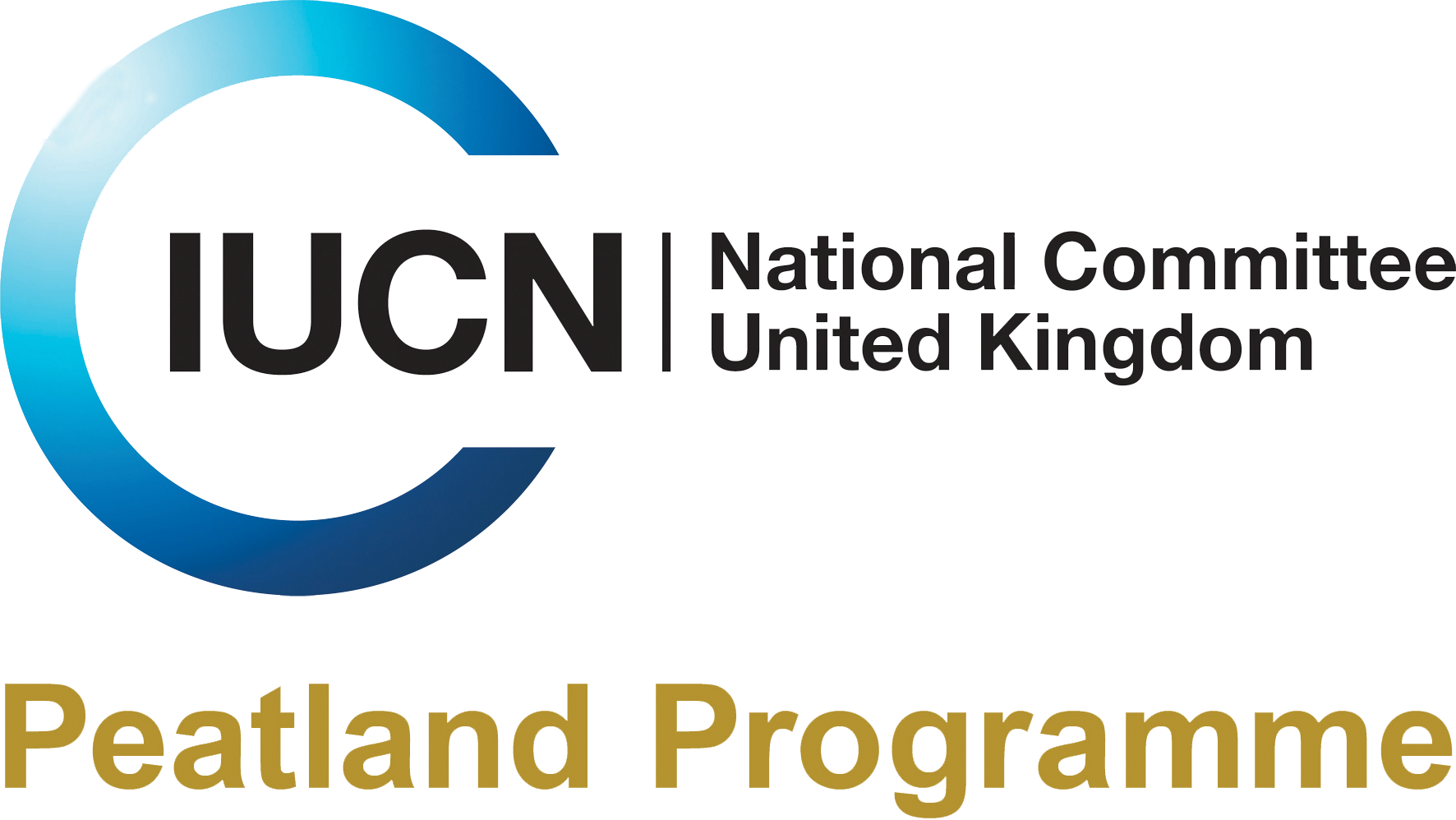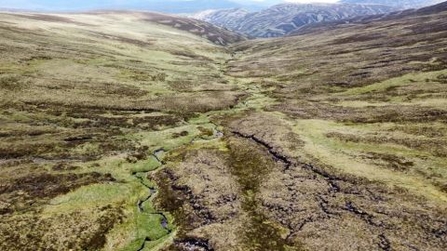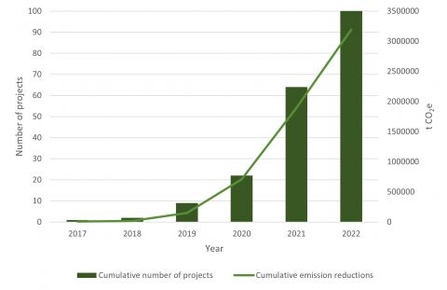The Peatland Code now has 100 projects registered under the UK Land Carbon registry.
The Peatland Code has seen recent rapid growth with a tripling in the number of projects registered in the last year and all registered projects are now predicted to deliver 3,194,681 tonnes of CO2e emissions reductions over their project lifetimes. These projects are securing 14,471 ha of peatland restoration in Scotland, England and Wales. In 2022 alone, 36 projects have already been registered with many more under development.
The 100th project to be registered under the Code is Mar Estate (Cran Creagach) in Aberdeenshire, Scotland.


